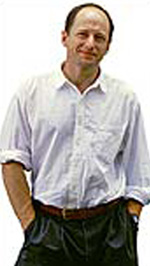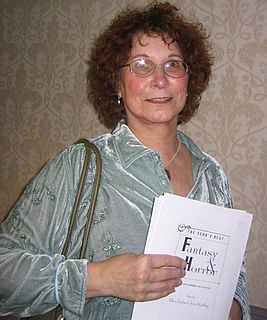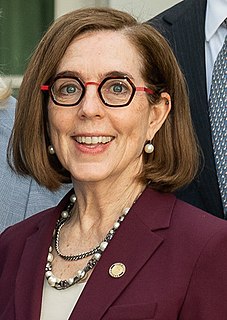A Quote by Joan Didion
I could talk more directly in a nonfiction voice than I could in fiction.
Related Quotes
I think, about the distinction between fiction and nonfiction. Fiction is not really about anything: it is what it is. But nonfiction - and you see this particularly with something like the BBC Samuel Johnson Prize for Non-Fiction - nonfiction we define in relation to what it's about. So, Stalingrad by Antony Beevor. It's "about" Stalingrad. Or, here's a book by Claire Tomalin: it's "about" Charles Dickens.
Life, my dear Watson, is infinitely stranger than fiction; stranger than anything which the mind of man could invent. We could not conceive the things that are merely commonplace to existence. If we could hover over this great city, remove the roofs, and peep in at the things going on, it would make all fiction, with its conventionalities and foreseen conclusions flat, stale and unprofitable.
I was in my senior year of high school when I read 'Notes From Underground' by Dostoyevsky, and it was an exhilarating discovery. I hadn't known up until that moment that fiction could be like that. Fiction could say these things, could be unseemly, could be unsettling and distressing in that particular way, that immediate and urgent way.
It's difficult to make movies. For me it was easier, as a refugee in Switzerland, to make documentary films, because I didn't need a lot of money for it. The way I tell my story or my opinion would be very similar in both fiction and documentary forms. But I found I could speak more effectively to convey this brutal reality through documentary than I could through fiction.
More than anything, the journal wanted. It wanted more than it could hold, more than words could describe, more than diagrams could illustrate. Longing burst from the pages, in every frantic line and every hectic sketch and every dark-printed definition. There was something pained and melancholy about it.



































